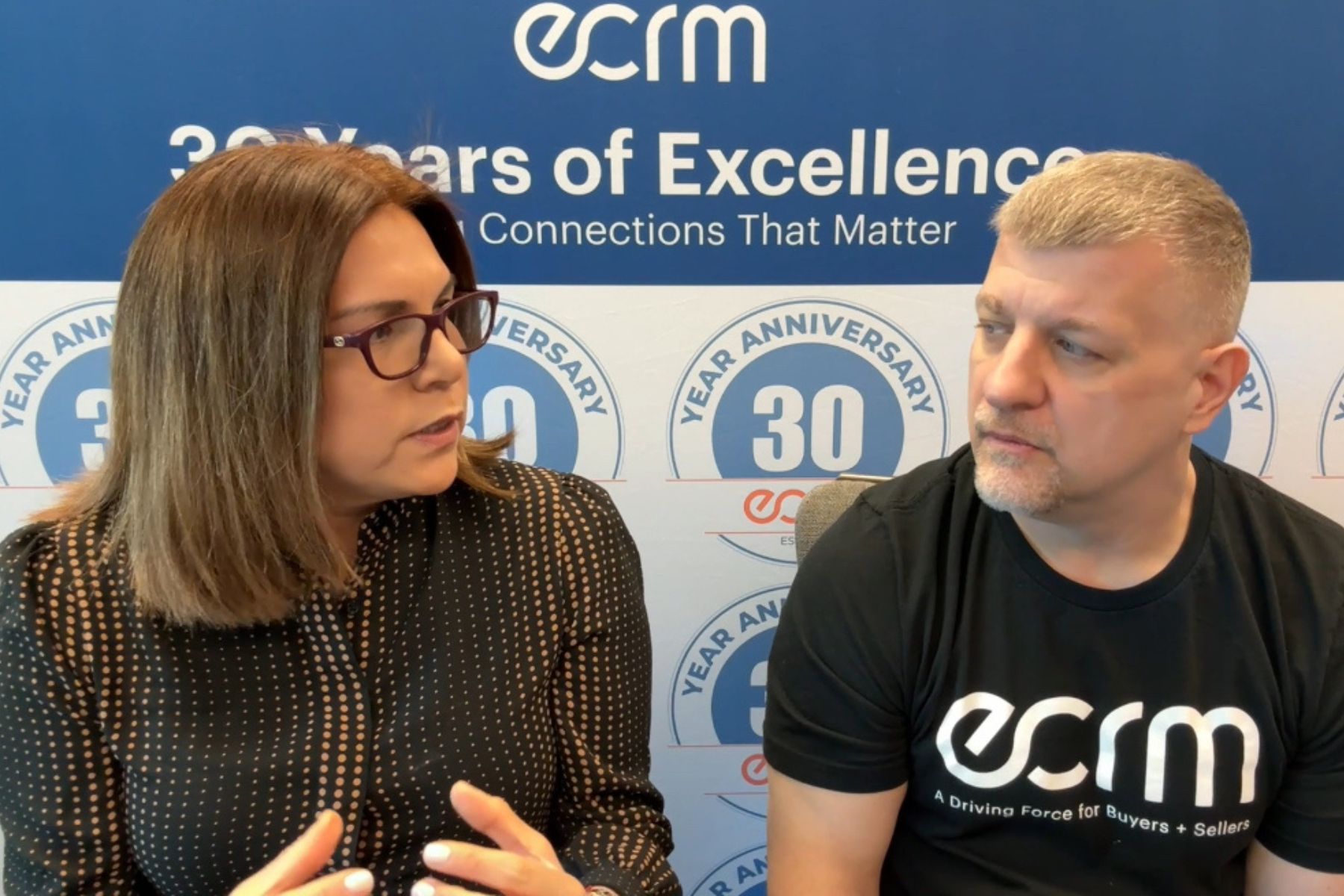How Fair Trade Helps Protect People, Products & The Planet 4/12/2024
Consumers are increasingly seeking sustainably made products -- and not just during Earth Month. They want to know how their products are made, they want to know that the producers of those products are paid a reasonable wage and are treated well, and they want to know that the processes involved are not harming the environment.
Certifications like those from Fair Trade USA ensure that these issues are addressed, with a percentage of sales of fair-trade certified products returning to the producers in their origin countries to be used in a variety of ways to cause positive change.
How the certification process works
When a farm is certified (say in the case of coffee or tea), a fair-trade committee is established, which conducts a needs assessment to decide on what will most benefit the community. This could range from schools to medical facilities, or a laundry facility or even a soccer field for children. The committee is completely independent of the brand or retailer, and they have full autonomy in their decisions.
Each year, the certifying body publishes and impact report, which quantifies the money invested and includes case studies of how it's being used by various communities. It is these stories that are shared by the brands and retailers to their shoppers, so that they can buy those products that best align with their values.
In the video interview above, recorded on location at ECRM's Coffee, Tea & Cocoa Session, Fair Trade USA's Olga Preston shares why fair trade is important to consumers, how the process of certification works, and how brands and retailers can get involved.

